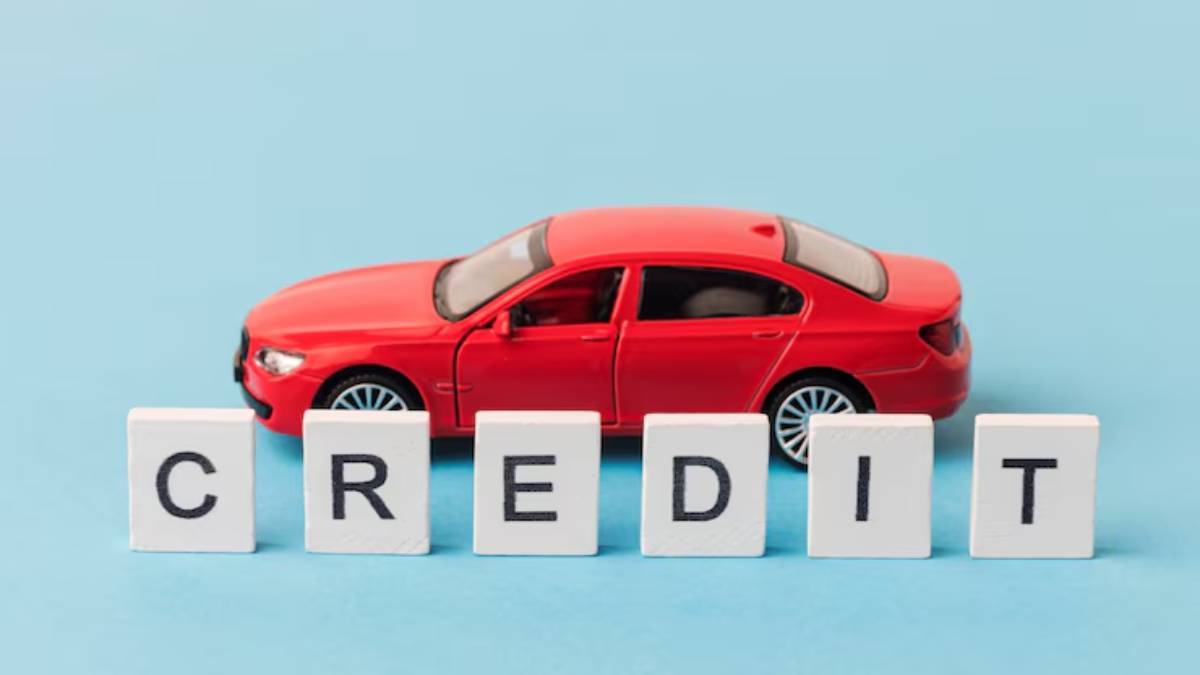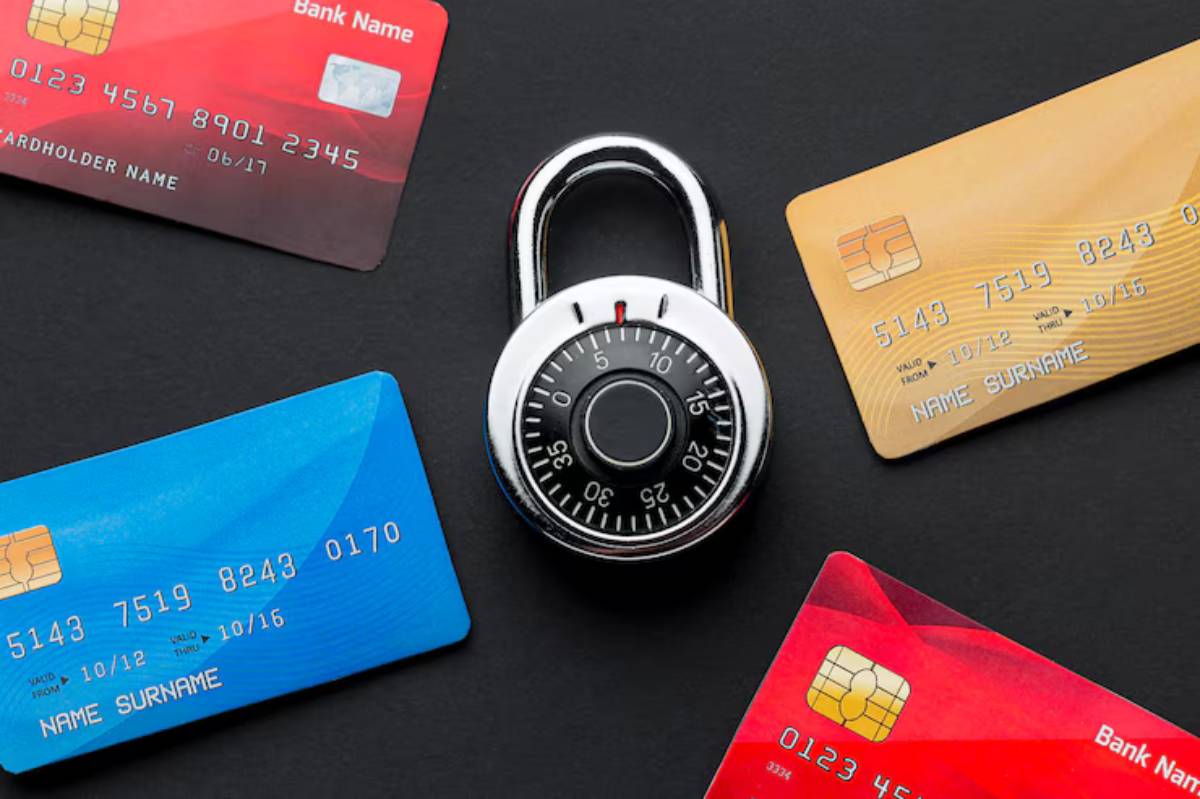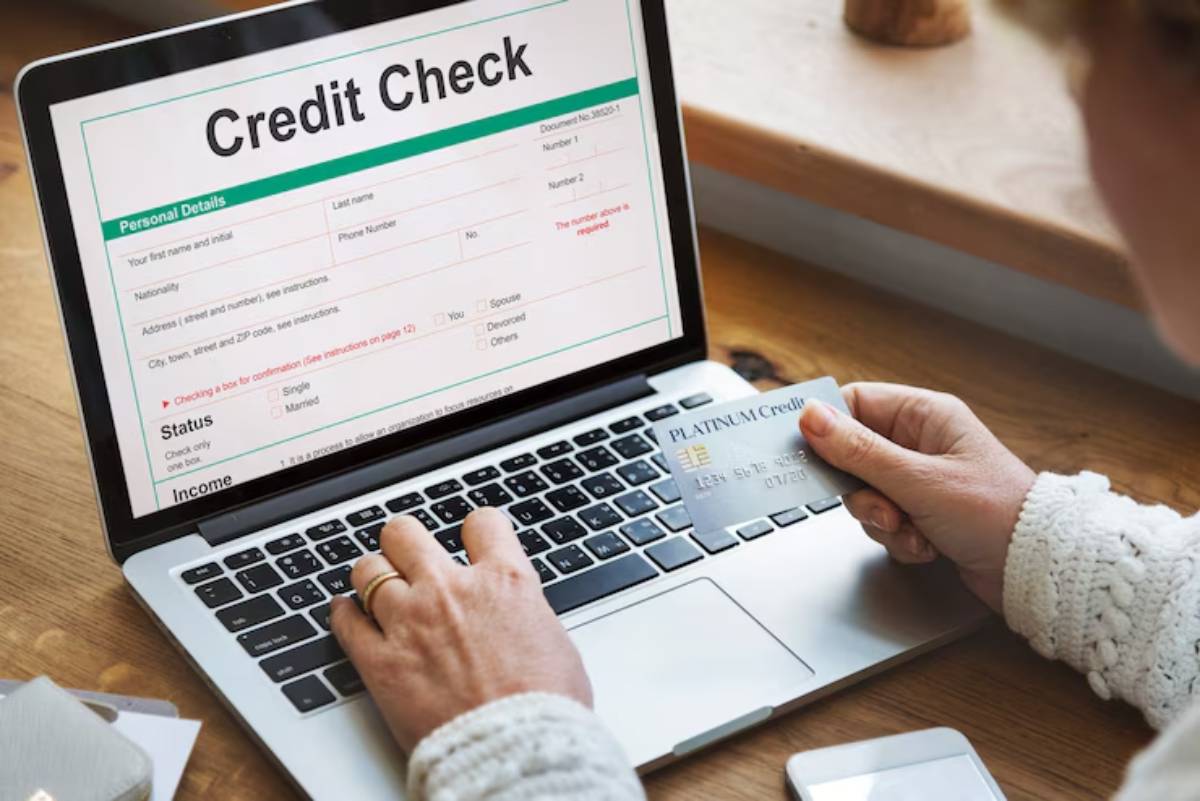
The Importance of Building Credit Early
Good credit is more than just a number — it’s the key to financial freedom. Whether you want to rent a flat, buy a car, or apply for a loan, your credit history matters.
But many people wait too long to start.
Building credit early gives you a major advantage. It helps you form strong habits, unlock better deals, and prepare for life’s big decisions. In this guide, you’ll learn why credit matters, how to build it the right way, and what steps to take even if you’re just starting out.
What Is Credit and Why Does It Matter?
Credit is your reputation as a borrower. It shows how well you manage loans, credit cards, and other types of debt.
Lenders look at your credit history to decide:
- Will you repay on time?
- How much can you borrow?
- What interest rate should you get?
A strong credit score means more choices and lower costs. A weak score can lead to higher rates — or a denial.
That’s why understanding credit importance is one of the best financial moves you can make.
What Does Building Credit Mean?

Building credit means creating a history of responsible money management. It involves:
- Opening credit accounts
- Using them wisely
- Making payments on time
- Keeping balances low
Over time, your activity is recorded in your credit report and helps shape your credit score.
Why Start Building Credit Early?
Starting early gives you more time to create a strong financial foundation. Here’s why that matters:
1. Longer History Helps Your Score
The longer you’ve used credit responsibly, the better your score. Starting young helps you build that track record.
2. More Time to Learn
You can start small, make mistakes (safely), and learn how to manage credit before big life events like buying a home or car.
3. Better Loan and Rental Options
Landlords and lenders want to see a history of reliability. Having one already can make applications faster and smoother.
4. Lower Interest Rates
A higher score means better offers. You’ll pay less in interest over time — saving thousands of pounds or dollars.
5. Stronger Habits
Building credit teaches budgeting, planning, and self-control. These habits pay off in every part of life.
How to Start Building Credit
You don’t need a big income or fancy tools to get started. Just a few simple steps can help you build credit safely and steadily.
1. Open a Student or Starter Credit Card
Many banks offer low-limit cards for first-time users. Use it for small purchases and pay it off each month.
2. Become an Authorised User
Ask a parent or trusted adult to add you to their credit card. Their good habits can help your score — but make sure they manage it well.
3. Apply for a Secured Card
This type of card uses a deposit as a limit. It’s a safe way to start if you don’t qualify for regular cards yet.
4. Use a Credit-Builder Loan
Some banks and credit unions offer small loans designed to build credit. You borrow a small amount and pay it back monthly.
5. Pay All Bills on Time

Even if it’s not a credit account, paying rent, phone, or utility bills on time shows responsibility. Some services now report this to credit agencies.
6. Keep Balances Low
Don’t use more than 30% of your credit limit. This keeps your score high and shows good self-control.
7. Check Your Credit Report
Use a free service like Credit Karma or ClearScore. Check for errors and track your progress.
Read Steps to Build Credit with No History for a deep dive into starting from scratch.
How Credit History Grows Over Time
Credit history includes:
- When you opened your accounts
- How you’ve used them
- How many types of credit you’ve handled (cards, loans, etc.)
- Whether you’ve missed payments
The longer your history, the more confident lenders feel.
That’s why starting at 18, 20, or even in your early 30s makes a big difference later in life.
Common Myths About Building Credit
Myth: You need to carry a balance
Truth: Paying in full is best. Carrying a balance costs money and doesn’t help your score.
Myth: Too many cards help your score
Truth: It’s not about how many cards — it’s about how well you use them.
Myth: Your income affects your score
Truth: Credit scores are based on your borrowing habits, not how much you earn.
Myth: You should wait until you need credit
Truth: By then, it might be too late. Start now so your score is ready when you need it.
Mistakes to Avoid When Building Credit
Even small mistakes can hurt your score. Here’s what to avoid:
Late Payments
Even one missed payment can drop your score and stay on your report for years.
Maxing Out Cards
Using your full limit looks risky. Aim to use less than 30% of your credit at any time.
Applying for Too Many Accounts
Each application creates a hard check on your report. Too many can make you look desperate for credit.
Ignoring Your Report
Errors happen. If you don’t check, you might not notice a problem until it’s too late.
How Building Credit Helps Later in Life
Getting a Mortgage
Lenders check your credit before offering a home loan. A good score means better rates and higher chances of approval.
Buying a Car
Car finance rates depend on your score. Better credit means lower monthly payments.
Renting a Flat
Landlords often run credit checks. A strong history helps you stand out.
Getting a Job
Some employers (especially in finance) may check your credit to assess responsibility.
Accessing Credit in Emergencies
If you suddenly need money, a good credit score means you’re more likely to be approved — and at a lower cost.
How Parents Can Help Teens Build Credit
If you’re a parent, you can help your child start building credit early:
- Add them as an authorised user
- Teach them how credit works
- Help them open a secured card
- Monitor their activity and offer guidance
- Use apps or tools to track spending
Learning young builds confidence and saves money in the future.
Build Credit Before You Need It
Credit is a tool — and like any tool, it works best when you know how to use it. Building credit early helps you form strong habits, access better options, and create a solid financial foundation.
Don’t wait until you’re applying for a loan or renting a flat. Start today. Even small steps — like paying a bill on time or keeping a low balance — can make a big difference later.
Check out Budgeting to Support Credit Building for tips that align with credit health.


